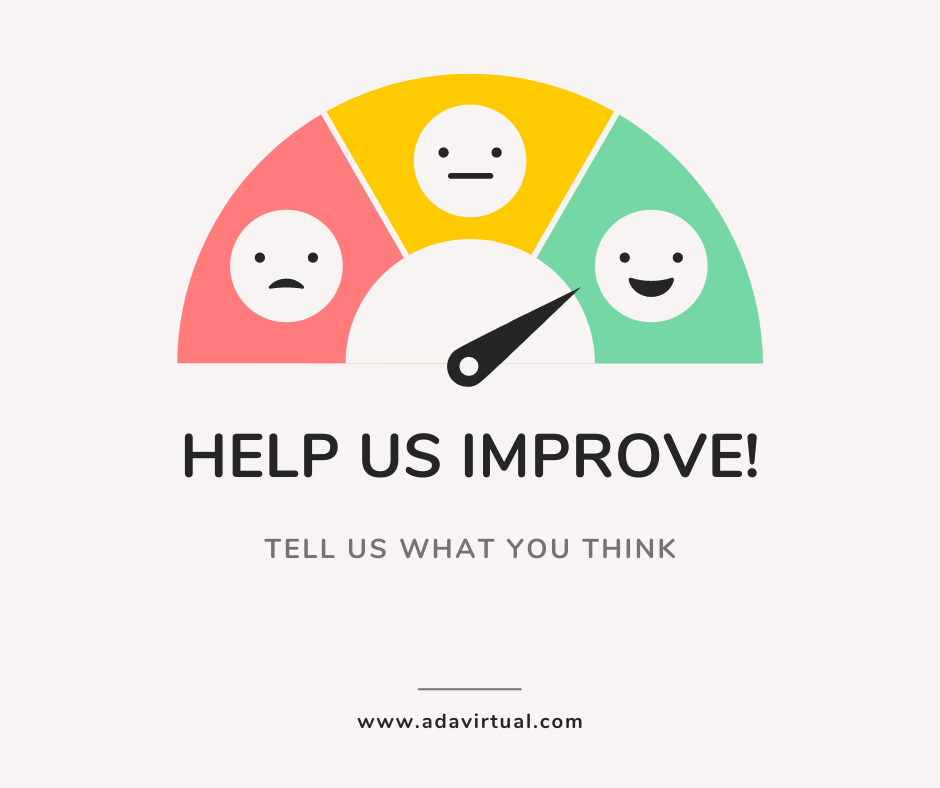Starting up your business is an exciting time and involves a lot of work but by getting customer feedback and reviews early on you will be building the key to your company’s success!
In fact, it’s one of the most crucial factors that can make or break a company in its early stages.
What Do We Mean By Feedback?
First off, let’s talk about what feedback actually is. Essentially, it’s information that you receive about your business from various sources, including customers, investors, employees, and even competitors. This information can come in many forms, such as reviews, surveys, social media comments, or even just casual conversations.
Building Trust
One of the reasons feedback is so vital to your startup is that it helps you build trust with your customers. When customers feel that their opinions are valued and that their feedback is being used to improve the products or services they use, they are more likely to remain loyal to your brand. This can lead to increased customer retention, repeat business, and positive word-of-mouth referrals.
Insights
Another reason feedback is important is that it allows you to gain valuable insights into what your customers want and need. By listening to your customers, you can identify areas where your products or services can be improved, and you can also discover new opportunities for growth. This can help you stay ahead of the competition and ensure that your business stays relevant and successful. Also, by receiving feedback from customers and other stakeholders, you can pinpoint any issues and work to address them before they become major problems.
Positive Feedback
Of course, feedback isn’t just important for identifying problems – it can also help you recognize what you’re doing right. Positive feedback from satisfied customers or investors can be a powerful motivator for your team and can help you build momentum as you grow your business.
To give you some examples, let’s look at a few well-known startups that have leveraged the power of feedback to achieve success. Airbnb, for instance, famously used feedback from early users to improve their platform and make it more user-friendly. They also used feedback to identify a need for professional photography services, which they eventually incorporated into their business model.
Another example is Slack, which used customer feedback to refine their product and make it more intuitive. They also used feedback to identify a need for better integrations with other tools and platforms, which they eventually added to their platform.
Conclusion
In summary, feedback is vital to the success of any startup, and ignoring it can be a major mistake. By leveraging the insights and opinions of your customers, investors, and other stakeholders, you can build a better product, improve your customer satisfaction, and ultimately achieve greater success in your business endeavours.


